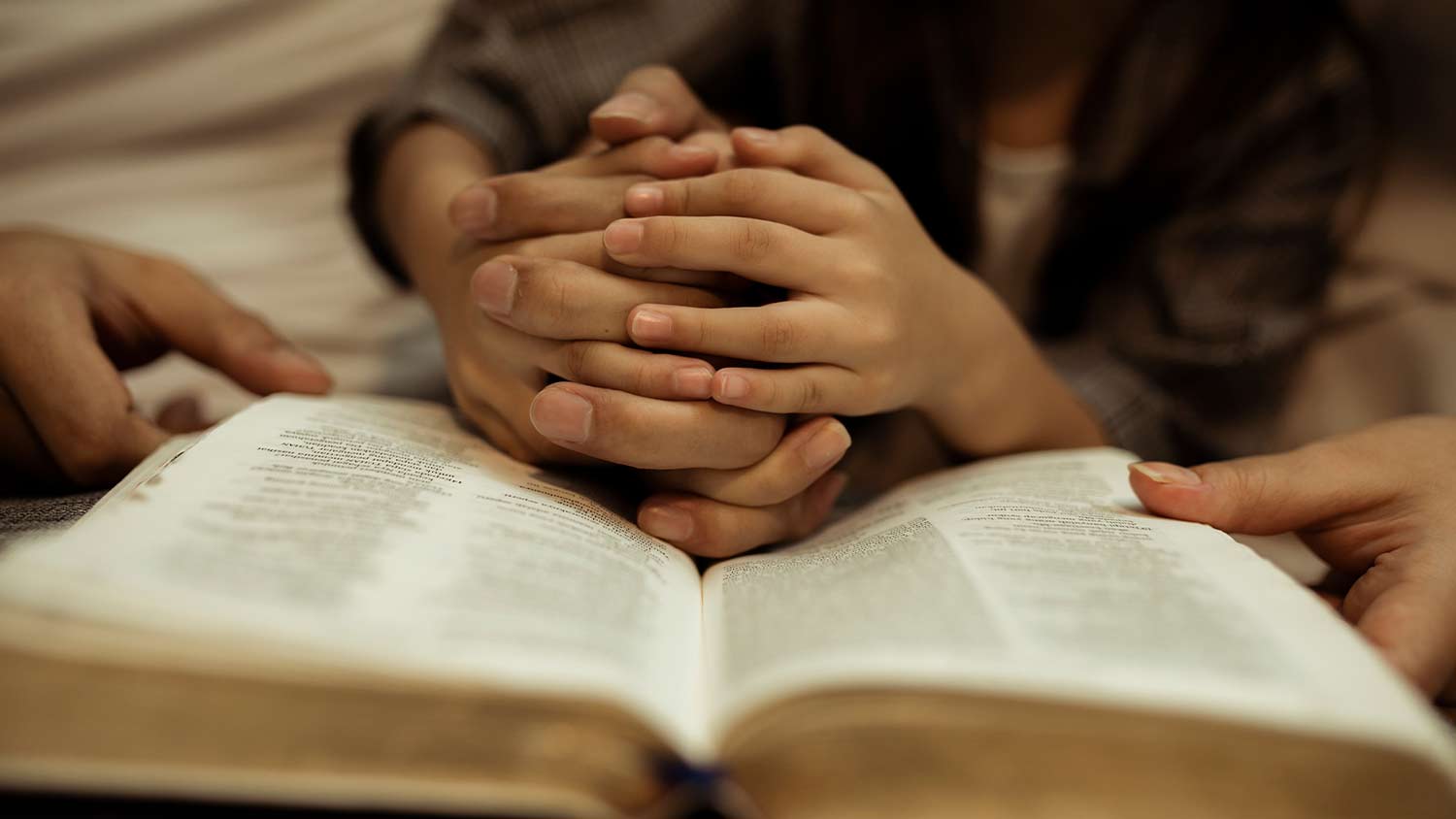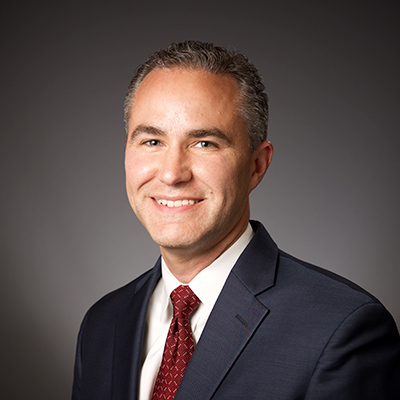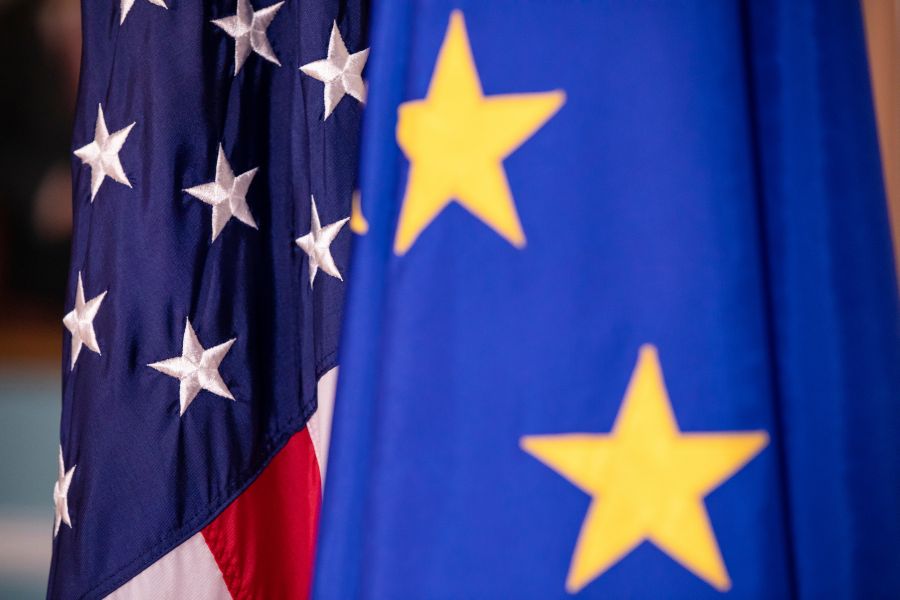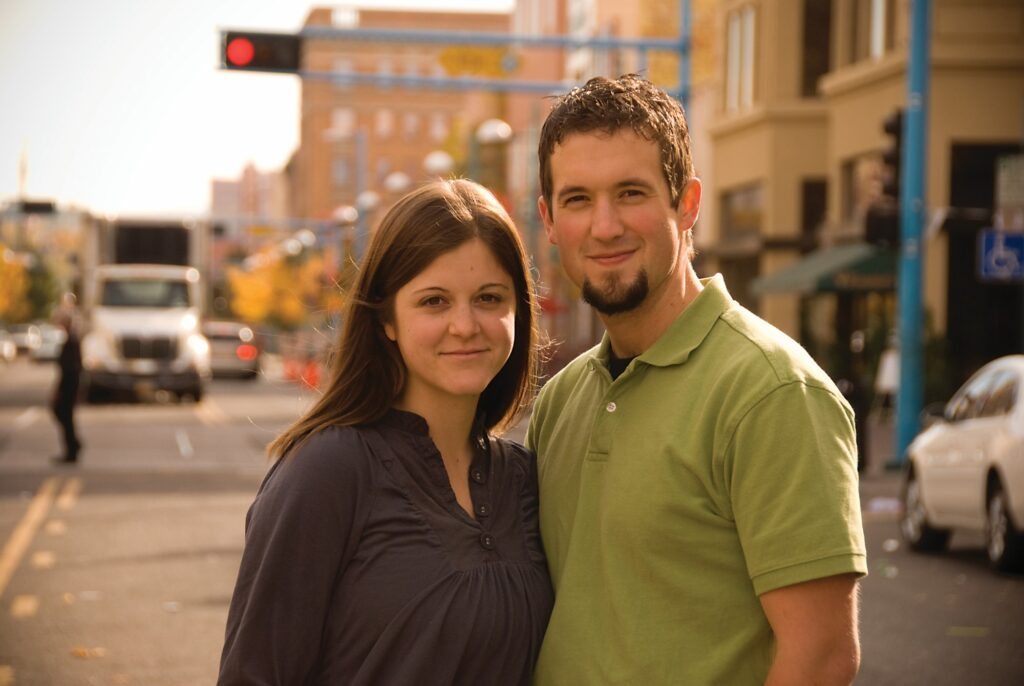
Over 400 years ago, the Pilgrims sailed the Mayflower to the New World, seeking religious freedom. They were neither the first nor the last group to come to America to make a new life and worship freely, but from the beginning, religious freedom has been at the core of America’s identity.
But as society has grown more secular, attitudes toward religious freedom have shifted. In 1993, for example, Congress overwhelmingly passed the Religious Freedom Restoration Act (RFRA), which was signed by President Bill Clinton. RFRA protected religious exercise from being “substantially burdened” by government action. By contrast, in 2014, the Colorado Civil Rights Commission called Jack Phillips’s plea for religious freedom “one of the most despicable pieces of rhetoric” and even compared Jack to slaveholders and perpetrators of the Holocaust.
Thankfully, the U.S. Supreme Court later ruled that such sentiments were “neither tolerant nor respectful of [Jack’s] religious beliefs.” Despite challenges, Alliance Defending Freedom continues to see victories in court upholding protections for religious freedom.
As Americans have long recognized, religious freedom is a gift to society, and when we honor it, religious freedom leads to human flourishing and allows every person—religious or not—to follow their conscience and most deeply held beliefs.

The definition of religious freedom
Religious freedom is not a narrow right to worship but rather a broad freedom to live out your faith in all of life’s pursuits.
Religious freedom has sometimes been mistakenly reduced to the freedom to believe what you want within the confines of your own mind. But religious freedom entails not only the freedom to think and believe but also the freedom to act—to speak your convictions, practice your faith, and live in line with your conscience. After all, any genuinely held belief will affect the way you act.
Similarly, religious freedom can be misunderstood as a narrow right to worship within the confines of one’s home, church, or place of worship. But such a definition fails to understand that true worship means living out your faith in all of life’s pursuits, not just behind closed doors.
If religious freedom were confined to one’s mind or place of worship, then it would be of little comfort to anyone with genuine convictions. Properly understood, religious freedom protects every human being’s right to live and speak the truth.
Why is religious freedom important?
A fundamental part of what it means to be human is the capacity to have rational beliefs, thoughts, and ideas. And which beliefs, thoughts, and ideas could be more important than those that concern the quest for ultimate truth? This quest leads many to find answers in philosophy, religion, and the divine, and religious freedom protects the ability of people not only to seek out that ultimate truth but to peaceably live out those principles in their lives.
Many of America’s Founding Fathers understood the importance of religious freedom and the role of following one’s conscience. James Madison beautifully articulated this in 1785:
“[W]e hold it for a fundamental and undeniable truth, ‘that Religion or the duty which we owe to our Creator and the manner of discharging it, can be directed only by reason and conviction, not by force or violence.’ The Religion then of every man must be left to the conviction and conscience of every man; and it is the right of every man to exercise it as these may dictate … It is the duty of every man to render to the Creator such homage and such only as he believes to be acceptable to him. This duty is precedent, both in order of time and in degree of obligation, to the claims of Civil Society.”
In other words, religious freedom is a pre-political right because it is a duty we owe first to God, our Creator. Governments should recognize this duty of mankind, neither coercing worship nor inhibiting it, but giving people the ability to pursue the truth and live it out in their lives.
This principle is summarized in the First Amendment to the United States Constitution.
What does the Constitution say about religious freedom?
The First Amendment to the Constitution states, in part, “Congress shall make no law respecting an establishment of religion, or prohibiting the free exercise thereof…” The first half (“respecting an establishment of religion”) is called the Establishment Clause, and the second half (“prohibiting the free exercise thereof”) is called the Free Exercise Clause.
As their names suggest, the Establishment Clause was meant to protect against an “establishment” of religion, such as a government-sanctioned church like the Church of England, while the Free Exercise Clause was meant to give broad protections for people to freely practice or “exercise” their religious beliefs.
What has the Supreme Court said about religious freedom?
Both the Establishment Clause and the Free Exercise Clause have been highly debated throughout the Supreme Court’s history. Some significant cases include:
- West Virginia State Board of Education v. Barnette (1943) – Protected the religious freedom of Jehovah’s Witness schoolchildren, who could not salute the American flag or recite the pledge of allegiance due to their religious beliefs.
- Lemon v. Kurtzman (1971) – Established a problematic three-part test (called the Lemon Test) to determine whether a government action violated the Establishment Clause. Since the Kennedy v. Bremerton decision in 2022, the Lemon Test has effectively been abandoned.
- Employment Division v. Smith (1990) – Dramatically narrowed free exercise rights by generally eliminating constitutional protection of religious practices burdened by neutral and generally applicable laws. In response, Congress and some state governments passed RFRA bills that force federal, state, and local officials to justify any burden on religious exercise.
During Alliance Defending Freedom’s 30-year history, we have played a role in over 30 Supreme Court wins defending religious freedom. These include cases such as:
- Conestoga Wood Specialties v. Burwell (2014) – Combined with the Burwell v. Hobby Lobby Stores The Supreme Court ruled against the Obama administration’s abortion pill mandate, stating that closely held Christian companies like Conestoga or Hobby Lobby do not have to surrender their religious freedom or violate their conscience in order to remain in business. ADF represented the Hahn family of Conestoga Wood Specialties.
- Trinity Lutheran Church of Columbia v. Comer (2017) – The Supreme Court held that the state of Missouri could not exclude religious organizations and individuals from generally available public benefits simply because of their religious identity. ADF represented Trinity Lutheran Church all the way to the Supreme Court.
- Masterpiece Cakeshop v. Colorado Civil Rights Commission (2018) – In a 7-2 ruling, the Supreme Court reversed Colorado’s decision to punish ADF client Jack Phillips for living and working consistent with his religious beliefs about marriage, citing the state’s demonstrable hostility toward Jack’s faith.
Threats to religious freedom
Despite recent Supreme Court decisions that have strengthened religious freedom, threats to this fundamental liberty remain.
Public tuition assistance programs
Though Trinity Lutheran—and a pair of later cases called Espinoza v. Montana and Carson v. Makin—have set strong precedents for religious freedom in educational benefits, some government officials are still seeking to discriminate against religious schools based on their beliefs.
The state of Colorado, for example, attempted to exclude Darren Patterson Christian Academy from its universal preschool program because of the school’s religious beliefs about gender and sexuality. Darren Patterson asked for a religious exemption, but Colorado refused. Thankfully, a federal court issued a preliminary injunction protecting the school and allowing it to participate consistent with its beliefs.
And in Vermont, state officials made rule changes requiring schools in the state’s tuitioning program to comply with statutes that would require Mid Vermont Christian School to violate its beliefs. The state even excluded Mid Vermont from state-sponsored middle school and high school sports based on the school’s beliefs that boys and girls are different and that those differences matter. ADF attorneys filed a lawsuit against the state in November 2023.

Personnel decisions in religious employment
The ministerial exception, upheld in cases like Hosanna-Tabor v. EEOC and Our Lady of Guadalupe School v. Morrissey-Berru, allows religious organizations the freedom to make employment decisions for ministers without government interference. And as the Supreme Court held in Our Lady, this freedom isn’t limited to those with a ministerial title: it applies to those with a ministerial function. Religious organizations should be able to hire people who agree with their religious mission and beliefs.
Unfortunately, states like Washington are threatening faith-based organizations such as Yakima Union Gospel Mission, a homeless ministry that hires those who share and live out its religious beliefs. The state’s actions undermine the mission’s ministry work and violate its First Amendment freedoms. In March 2023, ADF filed a lawsuit on behalf of Yakima Union Gospel Mission.
De-banking
Powerful financial institutions like Bank of America, JPMorgan Chase, and Fidelity Charitable are canceling the accounts of religious ministries under suspicious circumstances as a part of a practice called de-banking.
Just ask Indigenous Advance Ministries, a charity that helps serve widows and orphans in Uganda. In 2023, Bank of America sent Indigenous Advance a series of letters stating that it was closing the ministry’s deposit and credit card accounts within 30 days. The bank claimed that it no longer wanted to serve its “business type” and that Indigenous Advance exceeded the “bank’s risk tolerance.”
Thankfully, opposition to ideologically charged de-banking is picking up steam. ADF provided key testimony and support for a new Tennessee law that directly prohibits de-banking by big banks. Many other states are actively considering legislation to follow Tennessee’s lead.
Conclusion
In 2010, President Barack Obama recognized that “[o]ur Founders understood that the best way to honor the place of faith in the lives of our people was to protect their freedom to practice religion.” Indeed.
Religious freedom doesn’t indicate the absence of religion or freedom from religion. Rather, religious freedom guarantees everyone’s right to peaceably live in accordance with their most cherished beliefs.
Human beings are created in God’s image to worship our Creator and to align every part of our lives in accordance with His will and design. We should protect this fundamental right, recognizing that the heart and soul of mankind belong to God, not the government.






